People
Meet Mines Researchers, Staff and Collaborators on the CIROH Projects

Terri Hogue, Ph.D.
Dean, Earth and Society Programs
Professor, Civil and Environmental Engineering
Professor Hogue’s research centers on improving the prediction of hydrologic fluxes for better management of water resources, to assess human impacts on the environment, and mitigate the effects of natural hazards. Projects include: investigating catchment response to wildfire, understanding the impact of urbanization on hydrologic fluxes, evaluating climate variability and response of land-atmosphere systems, and improving hydrologic forecasts. Professor Hogue and her research group use field and experimental methods, modeling and optimization techniques, as well as remote sensing in their investigations.

Andy Wood, Ph.D.
Research Professor, Civil and Environmental Engineering
Professor Andy Wood is an expert in streamflow forecasting, hydrologic modeling and applications, land monitoring and prediction (e.g., for flooding, droughts), climate change downscaling and impact assessment, water resources management and planning, and seasonal climate and hydrologic forecasting. His current research focuses on improving operational hydrologic prediction at local to global scales, sub-seasonal to seasonal hydroclimate applications, climate change impact assessment, and advancing hydrology and land representations in coupled Earth System Models.
Andy works half-time at Mines while also working half-time as a Project Scientist at the National Center for Atmospheric Research (NCAR), Climate and Global Dynamics, Terrestrial Sciences Section
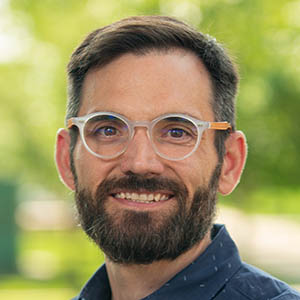
Eric Anderson, Ph.D.
Associate Professor, Civil and Environmental Engineering
Professor Anderson’s research focuses on the interactions between the hydrosphere, cryosphere, and atmosphere, wherein he uses numerical modeling to study Earth’s largest lakes and rivers, extreme storms (meteotsunamis), coastal flooding, lake-effect precipitation, and the impacts on the ecosystem. Formerly, he was a physical scientist at the National Oceanic and Atmospheric Administration (NOAA) Great Lakes Environmental Research Laboratory (GLERL), where he developed real-time hydrodynamic-ice forecast systems for lakes and rivers to support navigation, spill response, search and rescue operations, drinking water safety, and numerical weather prediction.

Adrienne Marshall, Ph.D.
Assistant Professor, Geology and Geological Engineering
Joint Appointment, Civil and Environmental Engineering
Professor Marshall’s research interests are in computational hydrology with focus on snow, ecohydrology, permafrost, and hydropower. These research interests are united by a desire to understand how climate change is altering water resources and identify solutions to these problems from both adaptation and mitigation perspectives. She uses data science approaches, physically-based modelling, and statistical modelling to address these questions. Prior to her academic career, Dr. Marshall worked in environmental education, and brings her experience with active and experiential learning to her pedagogical approaches in hydrology and computational science.
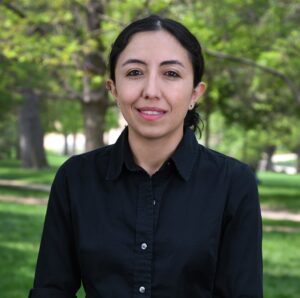
Claudia R. Corona, Ph.D.
Postdoctoral Fellow, Civil and Environmental Engineering
Dr. Corona’s research interests are in hydrologic modeling and applications with a focus on subsurface flow processes (vadose zone and groundwater), impacts of climate change on the hydrologic cycle (i.e. extreme precipitation events and drought), remote sensing, and examining the role of machine learning in hydrology.
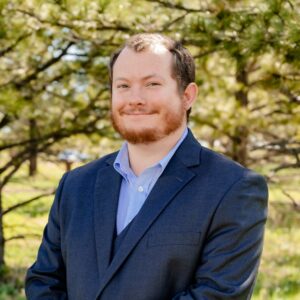
Daniel Philippus, M.S.
Ph.D. Student, Civil and Environmental Engineering
Daniel Philippus’ research focuses on large-domain estimation and forecasting of stream temperature conditions, particularly for small and remote streams, by using remote sensing datasets to build data-driven models.
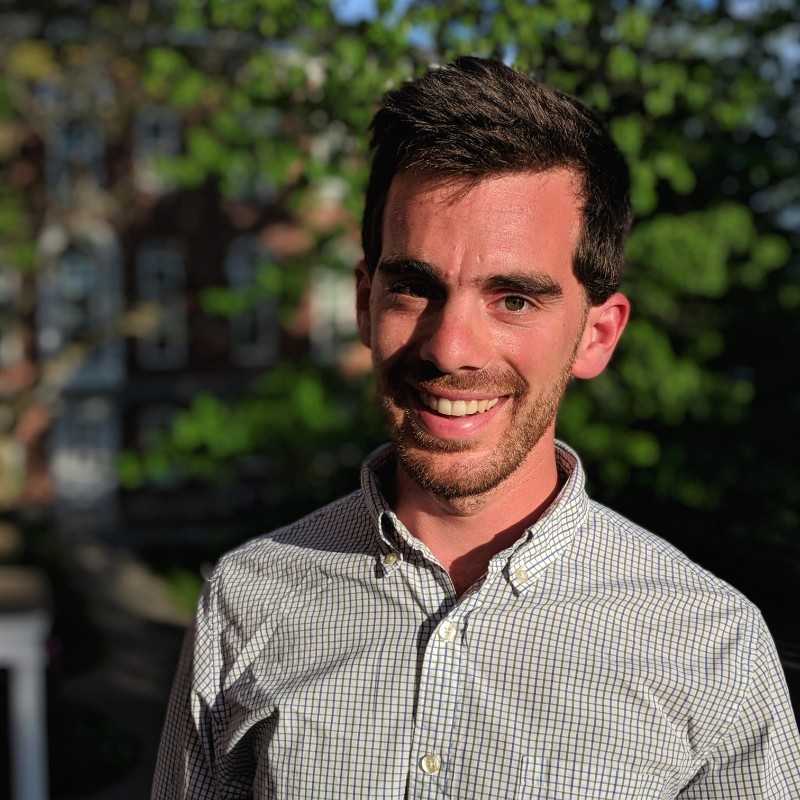
Josh Sturtevant, M.S.
Ph.D. Student, Hydrological Sciences and Engineering
Josh Sturtevant is a first year PhD student in Hydrological Sciences and Engineering at the School of Mines. He previously worked as an associate scientist NCAR after receiving a Masters degree from the Dept. of Natural Resources & Environmental Science at the University of Nevada-Reno.

Juliette Mukangango
Ph.D. Student, Applied Math and Statistics
Juliette Mukangango is a fourth year PhD student in Applied Math and Statistics at the School of Mines.
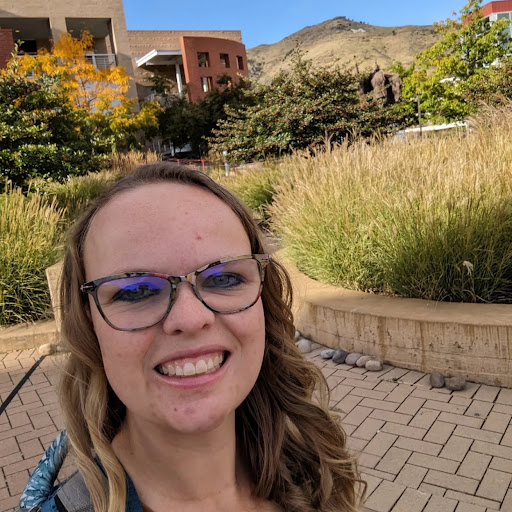
Paige Becker, Ph.D.
Postdoctoral Fellow, Civil and Environmental Engineering
Dr. Becker’s research interests are using combined field and modeling methods to better predict hydrologic processes. Dr. Becker completed her B.S and Master’s at Mines and is excited to be back and collaborate with others in the CIROH group focusing on modeling disturbance hydrology processes such as fires and beetle kill.
Dr. Becker is also Chair-elect (2024 Chair) for the American Geophysical Union’s Hydrology Section Student Subcommittee (AGU-H3S), which aims to provide a community, support, and training for students and early career researchers.

Ethan Ritchie
M.S. Student, Hydrological Sciences and Engineering

Cooper Moon
M.S. Student, Hydrological Sciences and Engineering
Cooper received his BS in Environmental Science from the University of Idaho is 2023. His current research focuses on improving hydrologic prediction following catchment disturbance and investigating the use of machine learning to identify parameters driving change.